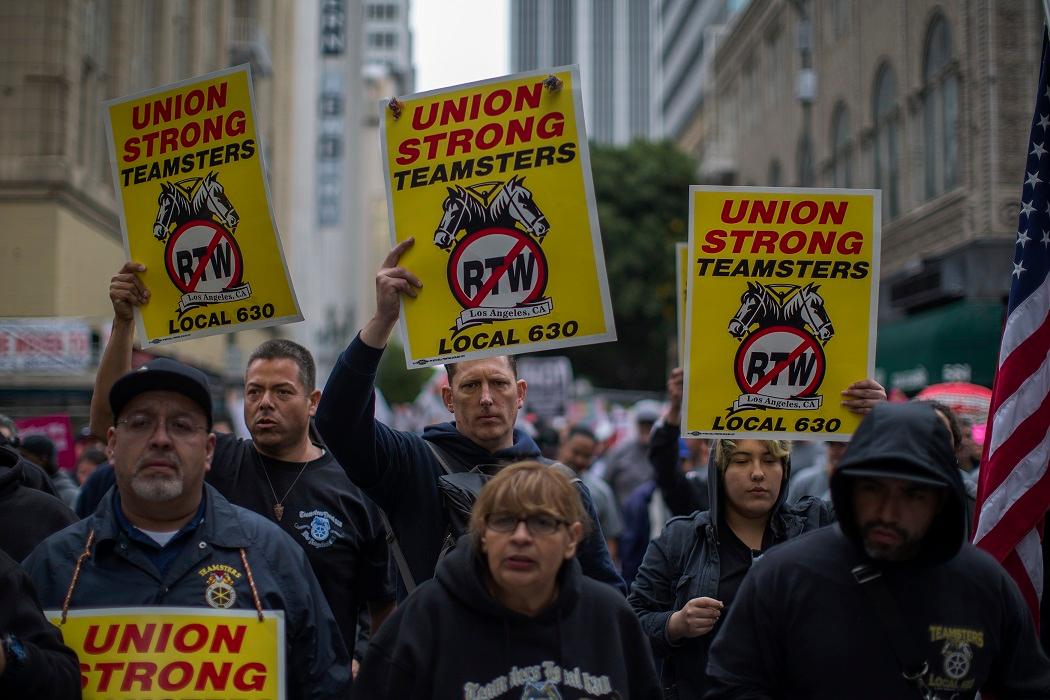Two state university employees are suing California and the Teamsters union in federal court to strike down a state law they say violates their constitutional right not to join a labor union.
In its landmark 2018 ruling in Janus v. AFSCME, the Supreme Court held that public workers have a constitutionally protected right to refuse to join or subsidize a union. This means that because all activities by these government unions are considered to be inherently political, including collective bargaining, such employees enjoy a First Amendment right to decide whether they should support unions and pay for their activities.





